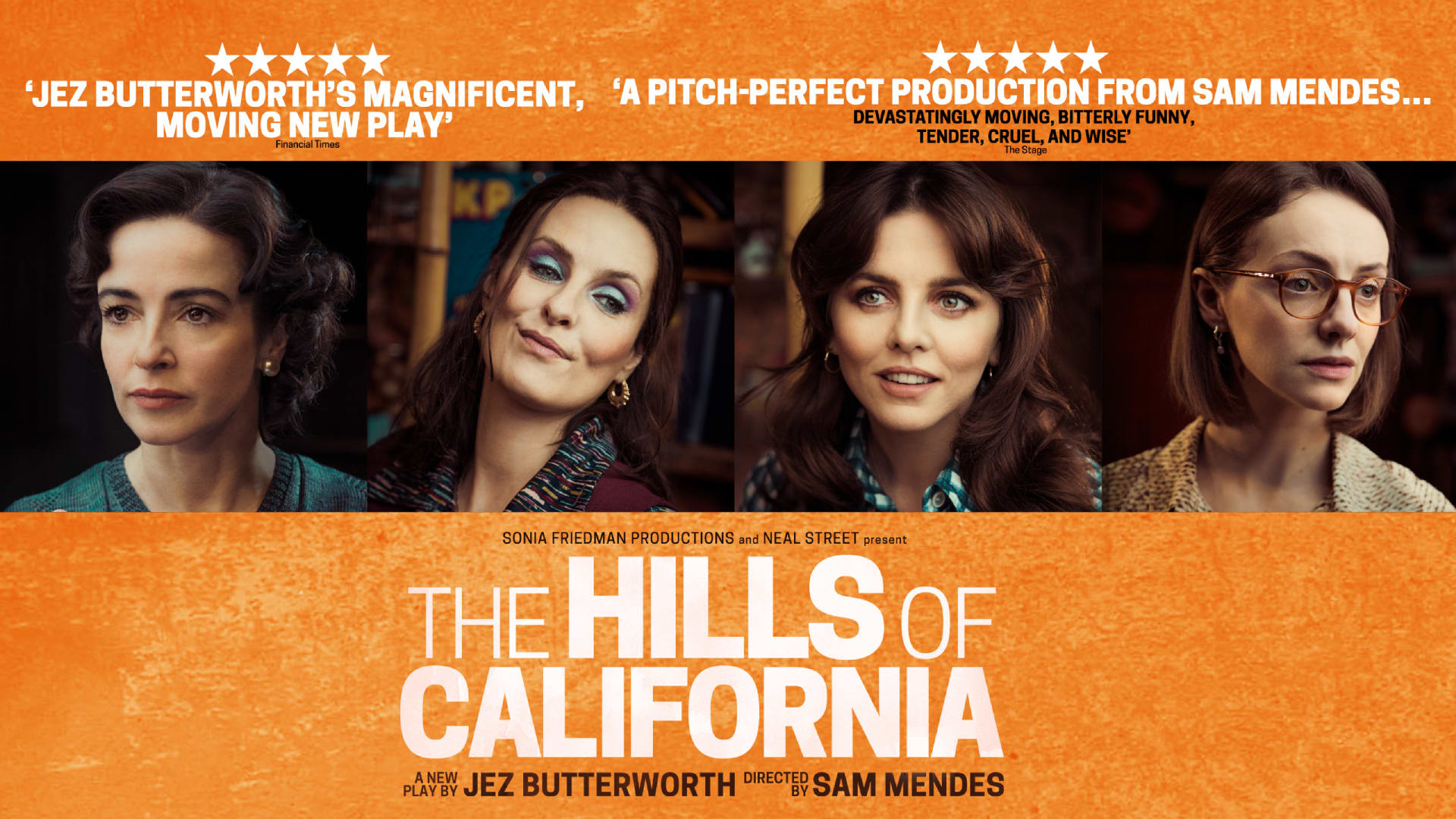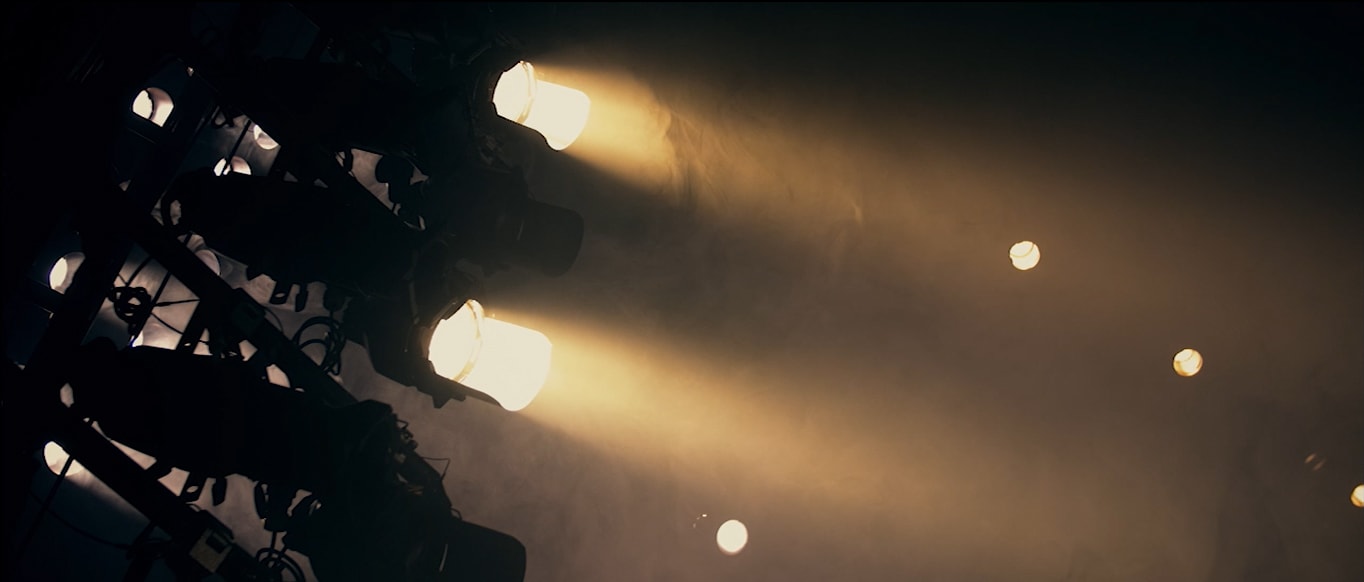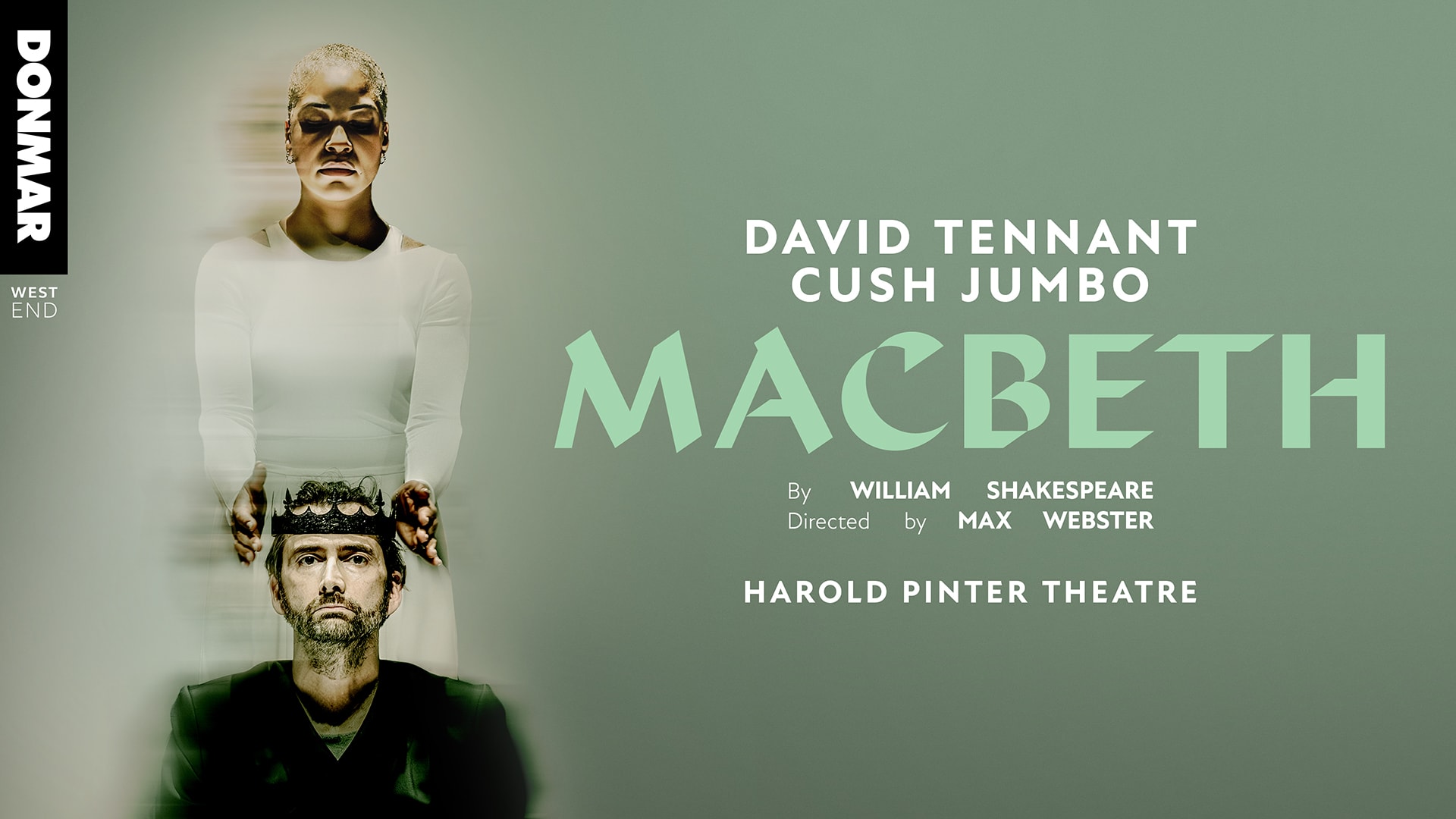
Harold Pinter Theatre
The Harold Pinter Theatre opened in 1881 as the Royal Comedy Theatre and staged hugely successful shows, such as The Rocky Horror Show’s West End debut. The name changed in 2011 to The Harold Pinter Theatre in honour of Pinter’s work for the Comedy Theatre.
The theatre recently produced Pinter at the Pinter, a series of one-act plays in celebration of Pinter himself.


